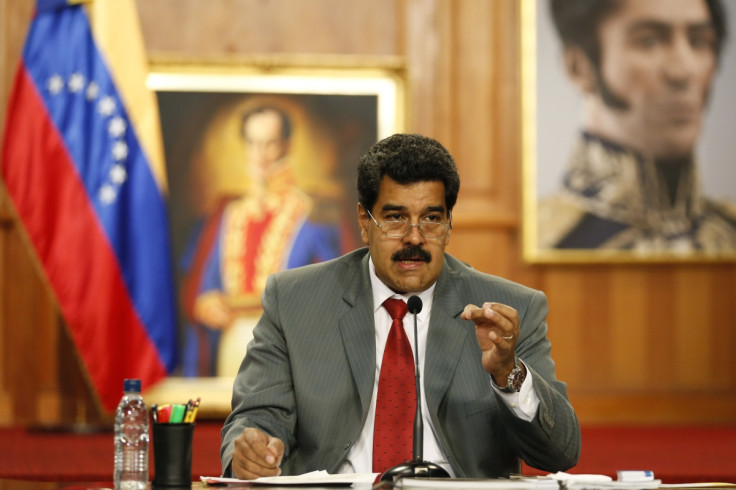Venezuela crisis: Workers get two-day week to save energy

Venezuela has introduce a two-day working week for civil servants in the midst of a drought that has caused an energy crisis.
The shorter working week is intended to save electricity, after a drought in the country saw water levels at the major hydroelectric Guri Dam fall drastically, meaning the country has seen rolling blackouts and other energy-saving measures.
Initially, President Nicolas Maduro had given public workers Fridays off as 18 of the country's 24 states rationed power, but until water levels rise at the reservoir supplying the power plant Maduro he announced public workers will have a two-day week to save electricity.
Water levels at the plant, which supplies 65% of the country's power, are at an historic low – something Maduro has attributed to El Niño but which his critics have suggested comes from poor infrastructure and mismanagement of the country's electricity grid, which was nationalised in 2007.
In the years that followed, there has been limited investment in the grid, coupled with higher use of electricity by Venezuelan households; something Maduro has begged citizens to limit.
In a speech that introduced the initial three-day weekend, prior to the current emergency two-day working week, Maduro asked women not to use hairdryers or tumble dryers.
"I always think a woman looks better when she just runs her fingers through her hair and lets it dry naturally," he said.
"If we don't reduce residential consumption, all of these measures won't be enough. Clothing and hair dryers use a lot of electricity. Irons, too. We need to create awareness about that."
There was no word as to when the two-day week for civil servants would come to an end.
© Copyright IBTimes 2025. All rights reserved.




















